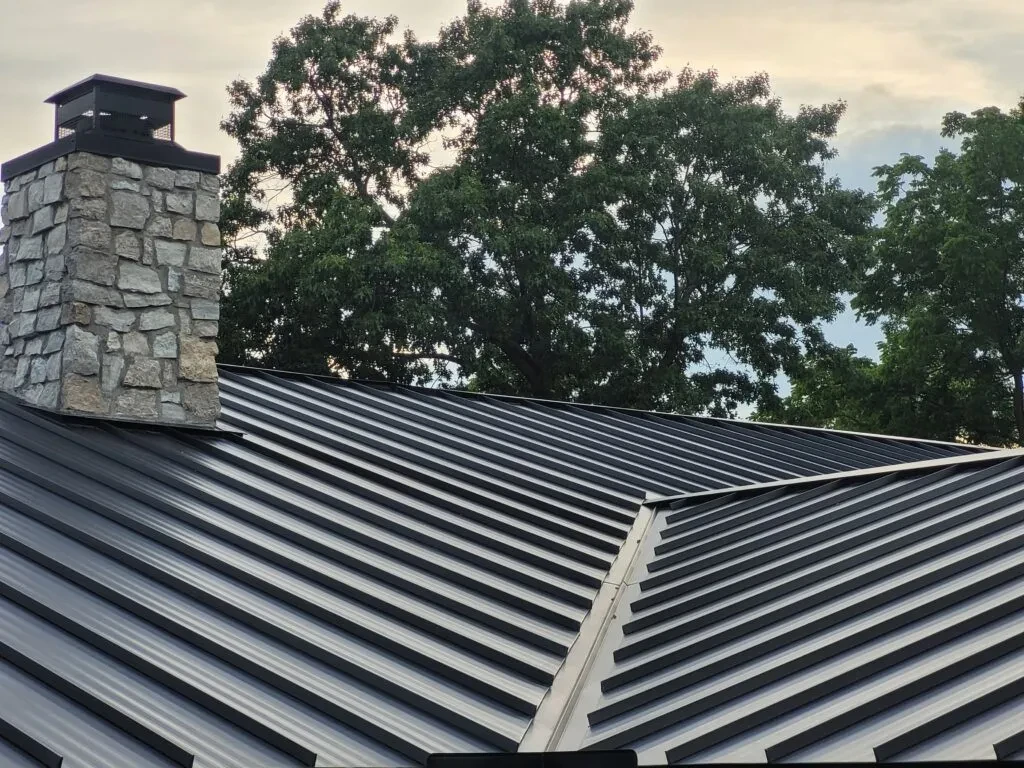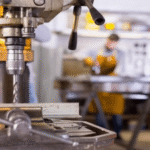Why Your Roof Deserves Attention
Most people only notice their roof when something goes wrong—a leak after a storm, missing shingles, or water stains on the ceiling. But the roof is one of the most important systems in any home. It doesn’t just shield against weather—it also protects family safety, supports energy efficiency, and maintains property value. Partnering with a trusted residential roofing service ensures homeowners can enjoy lasting comfort and avoid unexpected headaches.
The Daily Role of a Residential Roof
A roof may seem passive, but it’s constantly working. It keeps rain, snow, and wind out, while also regulating indoor temperatures. In summer, proper insulation and ventilation prevent overheating; in winter, they help trap warmth inside. Without a strong roof, even the best heating or cooling systems can’t do their jobs effectively.
A reliable residential roofing system therefore doesn’t just protect a house—it directly influences how comfortable daily life feels inside.
Signs Your Roof Needs Attention
Roofs rarely fail overnight. Most issues start small and get worse if ignored. Homeowners should watch for:
- Shingles that are curling, cracked, or missing.
- Water spots or stains on ceilings.
- Drafts or uneven temperatures in upstairs rooms.
- Moss, algae, or mold growth on roof surfaces.
- Higher-than-normal utility bills.
Catching these warning signs early allows for small, affordable fixes rather than major repairs or full replacement.
Common Roofing Problems in Homes
Residential roofs face a variety of challenges depending on the climate and materials used. In areas with heavy snow, weight can strain the structure. In storm-prone regions, high winds may lift shingles. Heat and humidity create conditions for mold growth.
Some of the most frequent issues include:
- Leaks caused by cracked flashing or worn shingles.
- Ice dams forming in winter when melting snow refreezes at roof edges.
- Poor ventilation, which traps heat and moisture in the attic.
- Aging materials that no longer provide reliable protection.
Regular inspections by a professional residential roofing contractor help prevent these problems from becoming costly emergencies.
Choosing the Right Roofing Material
Different materials bring different benefits to a home. Homeowners should consider their budget, style preferences, and long-term goals when choosing.
Asphalt Shingles
Affordable and versatile, lasting 15–20 years.
Metal Roofing
Durable, energy-efficient, and capable of lasting 40+ years.
Slate or Tile
Premium materials that offer unmatched longevity but require strong structural support.
Flat Roofing Systems
Practical for modern designs and space efficiency, though they require more drainage planning.
The right choice of material can significantly extend the life of a residential roofing system.
Maintenance Habits That Protect Your Roof
Even the strongest roof needs care. Homeowners can protect their investment with a few simple practices:
- Clear gutters twice a year to prevent water backup.
- Trim overhanging trees that could drop branches or debris.
- Check attic spaces for signs of leaks or mold.
- After heavy storms, look for visible damage.
- Schedule professional inspections at least once annually.
These small habits go a long way in extending the lifespan of a roof.
How Roofing Affects Energy Efficiency
Roofs are directly tied to household energy use. Poorly insulated or damaged roofs allow air to escape, forcing HVAC systems to work harder. This leads to higher energy bills and less consistent comfort indoors.
Modern residential roofing systems address this by using better insulation and reflective materials. These upgrades help stabilize indoor temperatures and reduce reliance on heating and cooling systems.
The Connection Between Roofs and Property Value
A home’s roof plays a major role in resale value. Buyers often ask about the age and condition of the roof before making an offer. A well-maintained system provides reassurance, while a failing one can lower offers or delay sales.
Upgrading or replacing a roof may seem costly upfront, but it’s often one of the smartest investments a homeowner can make for long-term property value.
Roofing Safety: Protecting Your Family
Roofing isn’t just about preventing leaks—it’s about safety. Loose materials, water intrusion, and structural weaknesses can create hazards for families. Ensuring your roof is structurally sound means protecting everyone who lives under it.
For families, especially those with children or elderly members, a reliable roof is essential for peace of mind.
Looking Ahead: The Future of Residential Roofing
Roofing technology continues to evolve. Homeowners now have access to systems that:
- Reflect sunlight to reduce cooling costs.
- Integrate with solar panels for renewable energy.
- Use sustainable materials for eco-friendly construction.
- Offer advanced waterproofing for better storm protection.
These innovations mean that roofs are no longer just coverings—they’re becoming smart, efficient systems that contribute to a healthier and safer home.








